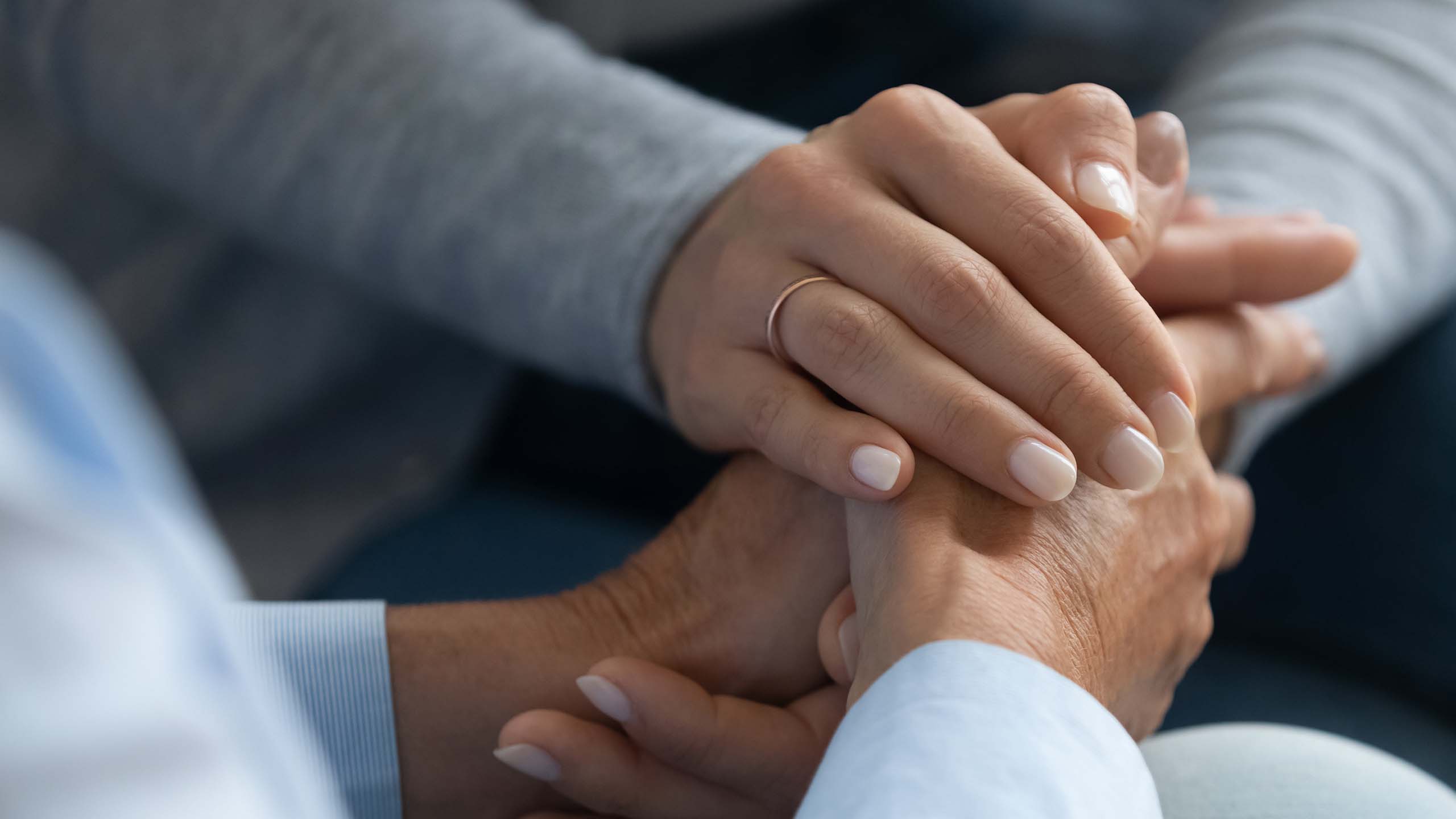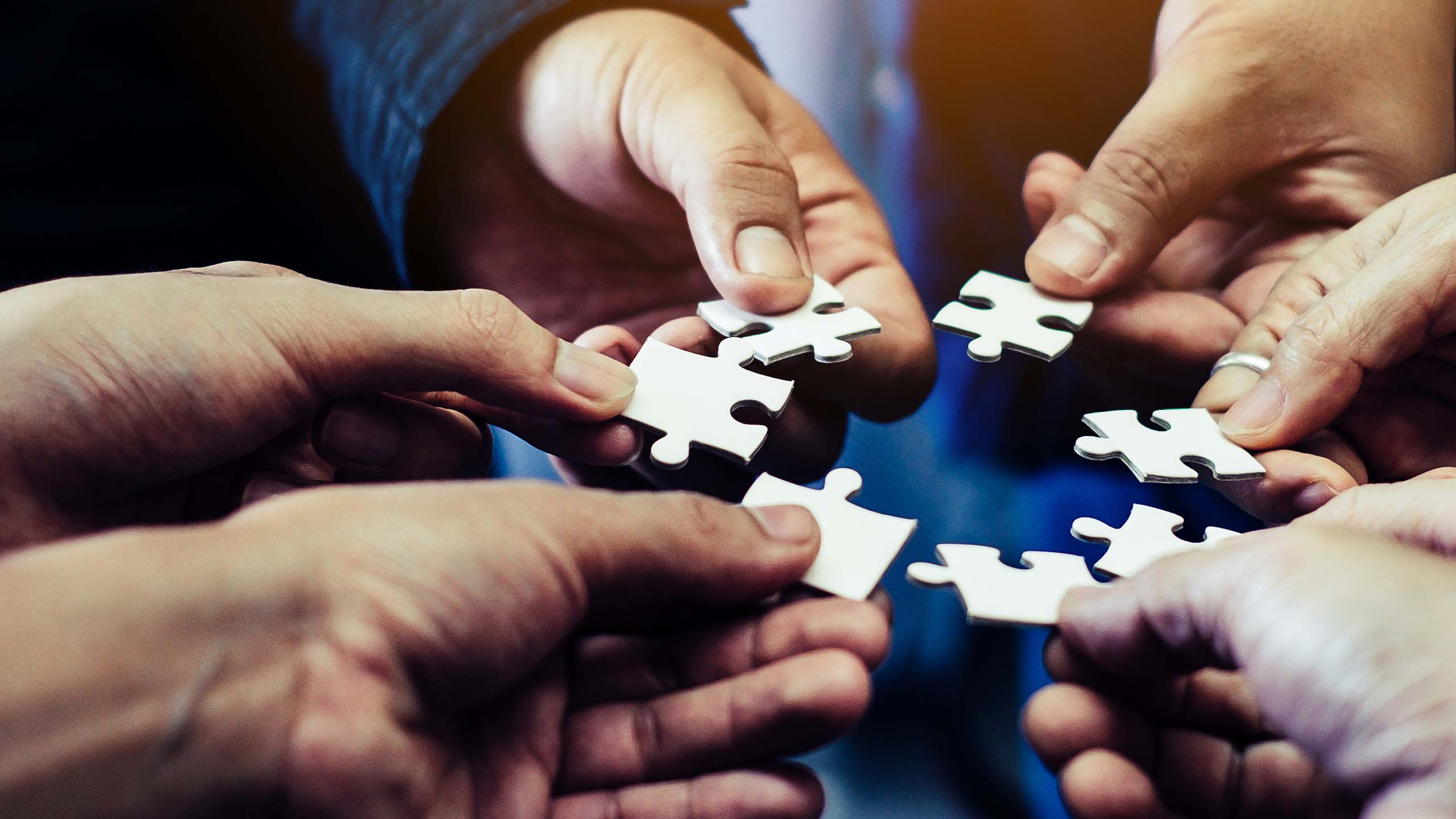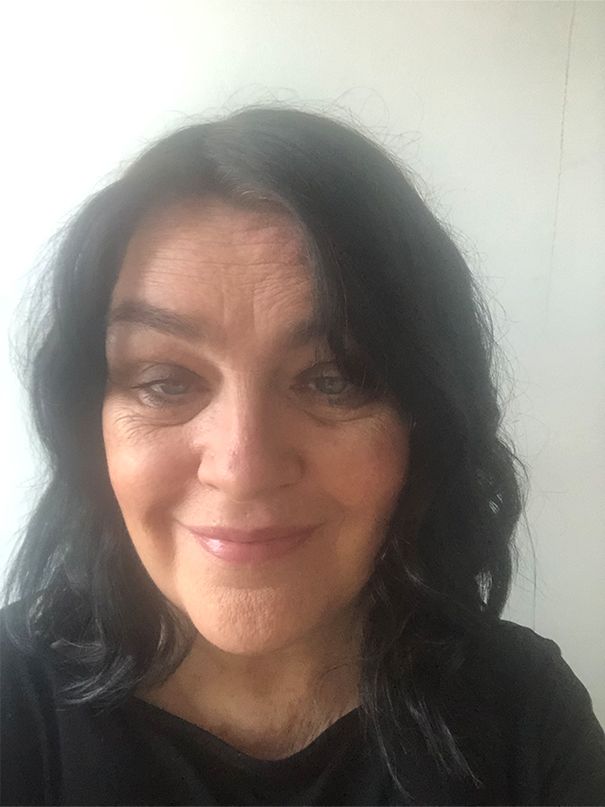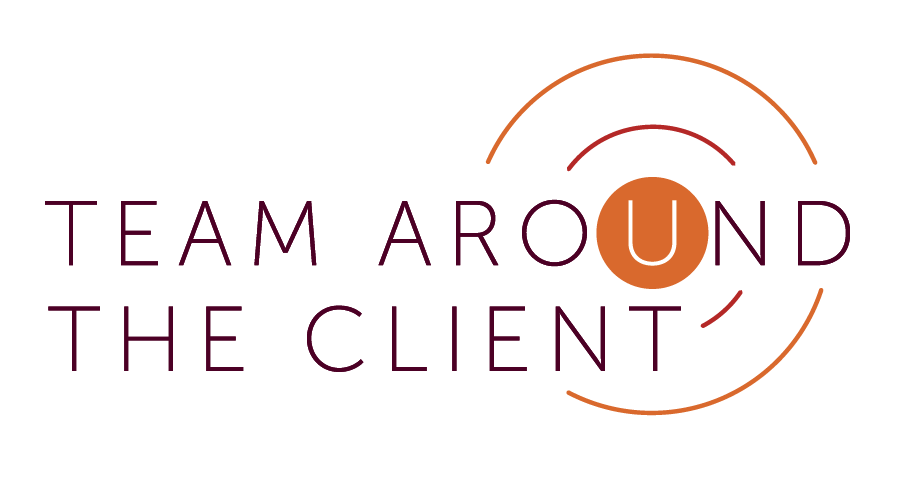Specialists in their field
The importance of a specialist approach to family rehabilitation after brain injury


When brain injury enters the life of a family, things rarely remain the same. The brain injury survivor and those close to them typically experience abrupt, intense and distressing losses that can be very difficult to cope with. Perhaps the most challenging impact of brain injury is the threat to identity; family members frequently report experiencing dramatic changes in roles, relationships, and connections with each other – they often report feeling “different”, as though a part of them has been lost or changed, as a result of the brain injury. A compelling research evidence base attests to these changes, and the resultant distress experienced, and suggests that family members require psychological support to navigate the journey through identity reconstruction.
My work as a consultant clinical neuropsychologist – in both the NHS and in private practice - has been dedicated to supporting families through post-injury change and loss. The services I have developed have been guided primarily by the families I have worked with; their willingness to share their experience and wisdom has been central to innovation. The work of Pauline Boss and Jeff Kreutzer (both based in the USA) has also been inspiring and has further influenced and shaped the services I have developed.
However, neuro-rehabilitation services in the UK have, typically, been slow to develop specific family-focused interventions – mainly due to a combination of lack of expertise, resources and awareness of the need. This represents a significant gap in provision and a missed opportunity to positively influence brain injury outcomes; recognition of this was the driving force behind the development of the Ahead Together Conference and network.

The time has come for brain injury professionals to creatively reorganise themselves around the evidence, from research gathered from the lived experience of the people they are trying to serve.
We must have conversations that focus on family identity and the telling of the family story so that we understand who our clients really are and what matters to them.
We must provide interventions that reduce blame, allow the safe expression of complex emotions and that foster hope and resilience. We must be there for as long as we are needed.
Finally, we must connect with others so that we can be supported in our work (it’s emotionally challenging), to be creative and willing to share ideas and learning with others and ultimately to build a strong, values-led community of like-minded professionals who will work together to improve the lives of families affected by brain injury.
It can feel difficult to alter culture and existing practice around working with families, especially in organisations where the primary focus is on the individual client. Please don’t be deterred; start by considering just one small change you could make to your existing practice with families and continue to build on this. In my experience, the “small things become the big things” for the families we support.
We cannot change the fact that brain injury has come into our clients’ and their families’ lives, but we can influence the relationship they have with it. With our support, family members can re-construct, and perhaps even re-discover, who they are and what matters to them, and move forwards with hope and a sense of being truly understood.
So, what do families need and how should brain injury services be organised to meet these needs?
Services that address the needs of the whole system around the survivor: successful outcomes require the needs of all family members to be acknowledged and understood, yet services tend to focus primarily on those who will be “carers”, leaving the needs of child relatives, extended family, friends and colleagues unmet.
Services that prioritise the family story: it is essential to take time to really understand who the family is. Asking about their values, about what matters to them, their strengths and skills, and about their hopes and expectations – is the essential foundation on which meaningful and collaborative interventions can be developed. A one-size-fits-all approach is appealing in the context of limited resources but will unlikely address the individual needs of the family before you.
Services that are affirming, non-blaming and that instil hope: family members typically experience a wide range of, often conflicting, emotions such as guilt, anger, sadness and depression following their relative’s injury, all of which can result in them experiencing high levels of distress. It is important that we normalise these reactions to reduce feelings of self-blame and guilt and encourage the safe expression of “difficult” and complex emotional reactions. Services that focus primarily on problems rather than solutions, weaknesses rather than strengths and reality rather than hope, can further add to the challenges that relatives face; throughout the recent Ahead Together Conference, family members repeatedly emphasised the need for brain injury professionals to instil hope where possible and to be particularly mindful of this when supporting survivors and families who are in the early stages of the recovery journey. Hope is the one thing all brain injury professionals must offer families when they are in their darkest and most frightening hour.
Services that focus on the heart of the matter: brain injury, oftentimes, results in profound loss and change for all involved. Professionals must not be afraid to speak to intense family experiences such as role and relationship change, family breakdown, complex grief, disabling anger, and profound and lasting sadness. Family members report feeling “unseen” in their distress – in its nature and extent, finding themselves being offered information leaflets or being sign-posted to helplines that cannot address the depth of the loss they have experienced.
Services that are easily accessible and available long term: the impact of brain injury is long lasting, and research shows that family members continue to be affected and require support for many years afterwards; however, the services that are available are typically time-limited and difficult to access once discharge has taken place; for many families this is experienced as “falling off a cliff” into isolation, loneliness and struggle. Families feel as though they have failed (when in fact they have been failed) and find themselves referred in and out of services that do not quite match their needs.


Dr Audrey Daisley, Oxford based Consultant Clinical Neuropsychologist (NHS and private practice) and co-founder of the Ahead Together Conference.
You can find out more about Ahead Together in this review of the conference:
To discuss family-focused referrals, training and consultation, you can contact Audrey directly using the following button:



